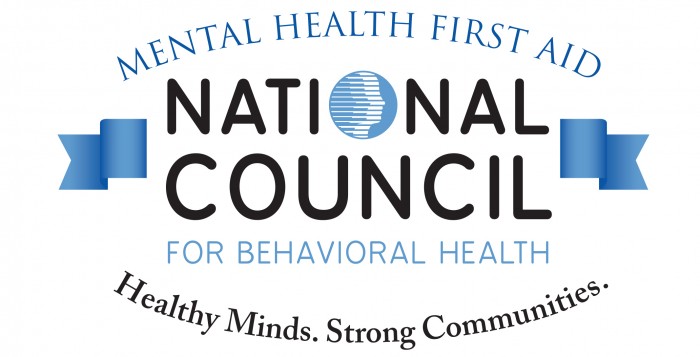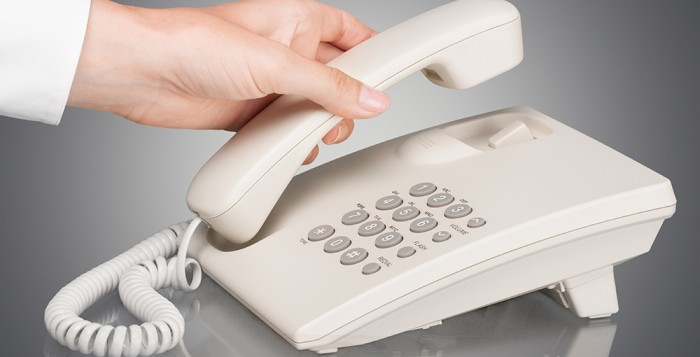
FOR IMMEDIATE RELEASE
April 21, 2020
Harrisburg, PA – Today, the Pennsylvania Department of Community and Economic Development’s (DCED) Tourism Office encouraged Pennsylvanians to support local restaurants by visiting the CarryoutPA website, which offers a comprehensive list of restaurants offering takeout, curbside, or delivery services during the state’s stay-at-home order.
“As this public health crisis continues to unfold, it is important that we practice social distancing and adhere to the stay-at-home order when possible,” said DCED Secretary Dennis Davin. “But it’s also critical to remember that we can all still do our part to support the restaurants in our communities as they work to provide safe dine-out options.”
CarryoutPA.com was developed by the Pennsylvania Restaurant and Lodging Association (PRLA) to serve as a go-to resource for dine-out options in support of the commonwealth’s restaurant industry, which accounts for 10 percent of jobs statewide. Pennsylvania restaurants that would like to be added to the registry can register here.
“Restaurants in Pennsylvania and the nation have been hit hard by the mandated closure of dine-in service due to COVID-19. As the statewide organization for the commonwealth’s restaurant industry, PRLA moved quickly to establish a website for restaurants to let the public know that they were open and ready to serve their communities,” said John Longstreet, PRLA president & CEO. “Any restaurant in Pennsylvania that is open for take out and delivery may add their listing to CarryOutPA.com, at no charge.”
According to the association, 4 percent of the national Gross Domestic Product is spent on eating out, with the restaurant industry generating around $863 billion in 2019. More than 70 percent of restaurants are single-unit operations, many of which are family owned.
“Small business is the backbone of Pennsylvania’s tourism industry, and we are committed to supporting our commonwealth’s business owners as we work through these unprecedented times together,” said DCED Deputy Secretary for Marketing, Tourism, and Film, Carrie Fischer Lepore. “By visiting the CarryoutPA website, Pennsylvanians can treat themselves to a safely-prepared dine-out meal while helping their community on the road to recovery from this pandemic.”
For the most up-to-date information on COVID-19, Pennsylvanians should visit: Responding to COVID-19 Guide.
The Pennsylvania Tourism Office, under the Department of Community and Economic Development, is dedicated to inspiring travel to Pennsylvania as the state’s official destination marketing organization. Pennsylvania welcomed 204 million visitors in 2019, generating a $43 billion economic impact which supports 500,000 jobs. For more information, visit the visitPA website or sign up for our Happy Thoughts newsletter, become a fan on Facebook, follow us on Twitter, check out photos on Instagram, share pins on Pinterest, or watch us on Youtube.
MEDIA CONTACT: Casey Smith, casesmith@pa.gov



















